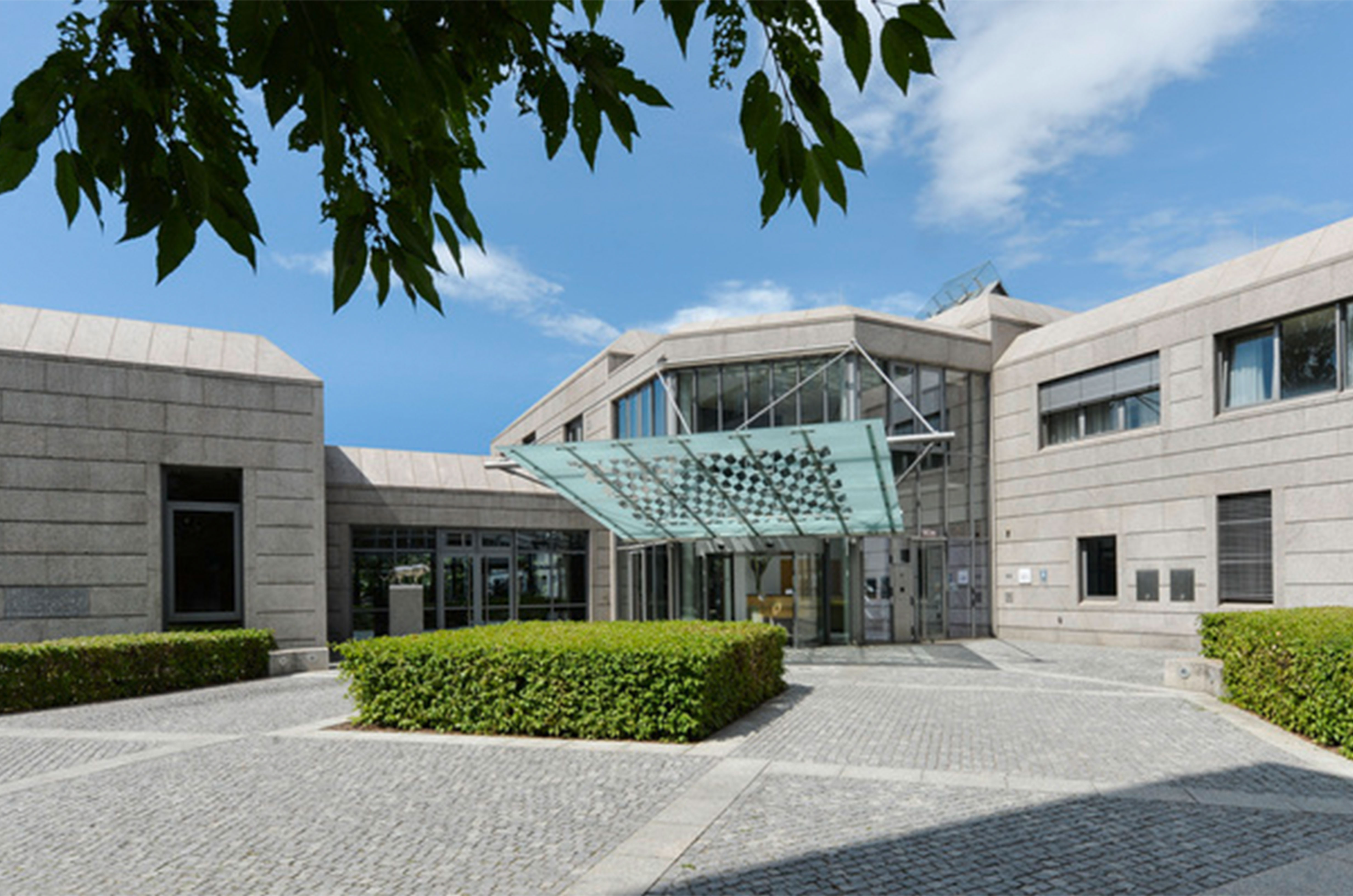S3IC PROJECT PRESENTATION
International Conference on Single-Molecule Sensors and nanoSystems
Sensor systems have emerged that exhibit extraordinary sensitivity for detecting physical, chemical, and biological entities at the micro/nanoscale. Particularly exciting is the detection and analysis of molecules on miniature devices that have many possible applications in health, environment, analysis, and security. A new class of label-free micro and nanosensors are starting to emerge that allow us to observe dynamic processes at the single molecule level directly, with unprecedented spatial- and temporal resolution and without significantly affecting the natural and functional movements of the molecules. Micro- and nanosensors by virtue of their small interaction length probe molecules over a dynamic range often inaccessible by other techniques. Their small size enables an exceedingly high sensitivity, and the application of quantum optical measurement techniques can allow us to approach or surpass classical limits of detection. Advances in optical and electrical measurement methodology, laser interferometry, quantum optics, micro/nanofluidics, control of molecules and reactions at the nanoscale, DNA origami/synthetic molecular machines, in-vivo and wearable sensing materials, they all contribute to the rapid progress of the field of Single Molecule Sensors and nanoSystems. It is this convergence of previously often disparate fields that is accelerating the advancements in micro and nano-sensing.
This conference will bring together researchers in the rapidly advancing field of Single Molecule Sensors and nanoSystems. The conference focusses on the most recent advances in micro and nano-sensing techniques that have either demonstrated single-molecule detection or that claim single-molecule detection capability on sensor chips in the longer term.
Involve the best experts in the world to hold the key roles:
- Plenaries
- Scientific Committee
Attract the best papers by approaching several universities and setting up a large advertising strategy
Make sure that the event will be held in the best conditions in terms of organization and communication
THE CONFERENCE PROGRAM
Topics of interest
- Single-Molecule Devices and Sensor Technologies (this will be the main session that will run throughout the conference and for which we can group the talks into optical, electrical, and mechanical devices depending on the submissions we receive).
- Single-Molecule Spectroscopy
- Quantum Limits in Biodetection
- Biophotons and Biophotonics Sensors
- Molecular Machines, Synthetic Biology and DNA Origami
- In-vivo and wearable Sensor Devices, Materials and Systems
- Integrated Sensor Chips and multiplexed Sensing
- Modelling and Analysis of Sensors and Systems
- Micro/Nanofluidics and chemical control at the Nanoscale
- Commercial Single-molecule Sensors and Sequencers
Added value
- A large choice of topics will enable delegates to attend presentations related to their own field of expertise or similar fields
- Workshops will offer opportunities to focus on specific issues
- Afterworks will ease networking and enable new research relationships & collaborations
Assessment process
The whole evaluation process is online through the Ex Ordo abstract management system. Each abstract will be routed to several Scientific Committee members for evaluation according to their field of expertise. The decision of acceptance will be taken based on the global rate.
THE CONFERENCE VENUE
Konferenzzentrum München
Lazarettstraße 33, 80636 Munich, Germany

THE CONFERENCE BODIES
Prof. Frank Vollmer, University of Exeter, UK
Suggested names:
- Prof Reuven Gordon, University of Victoria, Canada
- Prof. Warwick Bowen, University of Queensland, Australia
- Prof. Cees Dekker, TU Delft, Netherlands
- Prof. Michel Orrit, Leiden University, Netherlands
- Prof. Stefan A. Maier, LMU, Germany
- Prof. Hagan Bayley, University of Oxford, UK
- Prof. Christian Degen, ETH Zurich, Switzerland
- Prof. J.J. Baumberg, University of Cambridge, UK
- Prof. Niek van Hulst, ICFO, Spain
- Prof. Philipp Kukura, University of Oxford, UK
- Prof. Tim Liedl, LMU, Germany,
- Prof. Ben Feringa, University of Groningen, Netherlands
Please note that some of the suggested researchers may decline the invitation if their workload or agenda does not allow additional duties. In such a case, new suggestions with a similar profile will be provided
The gathering is organized by PremC, a company specialized in supporting researchers to organize conferences: premc.org
